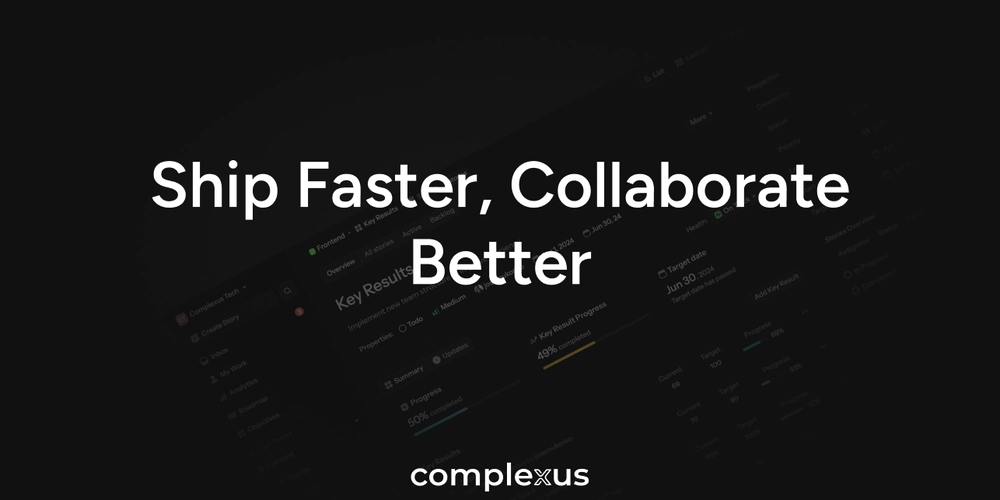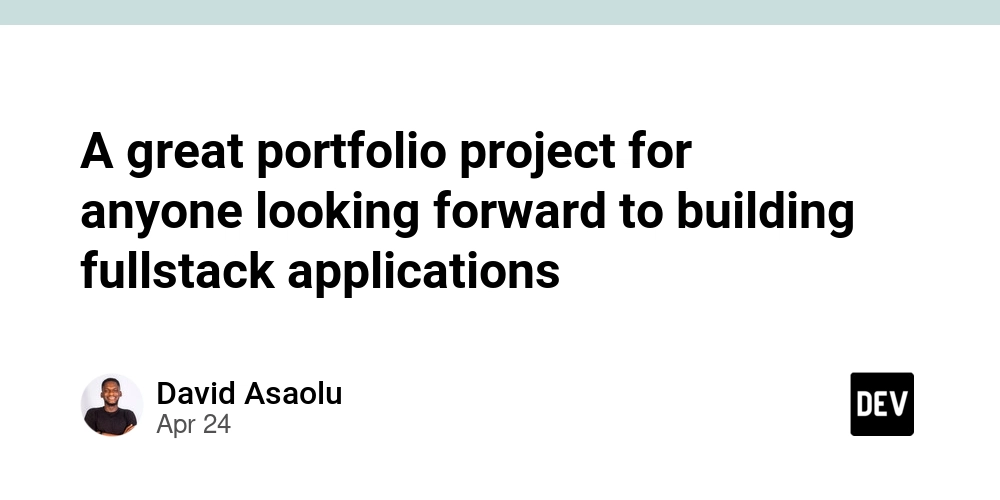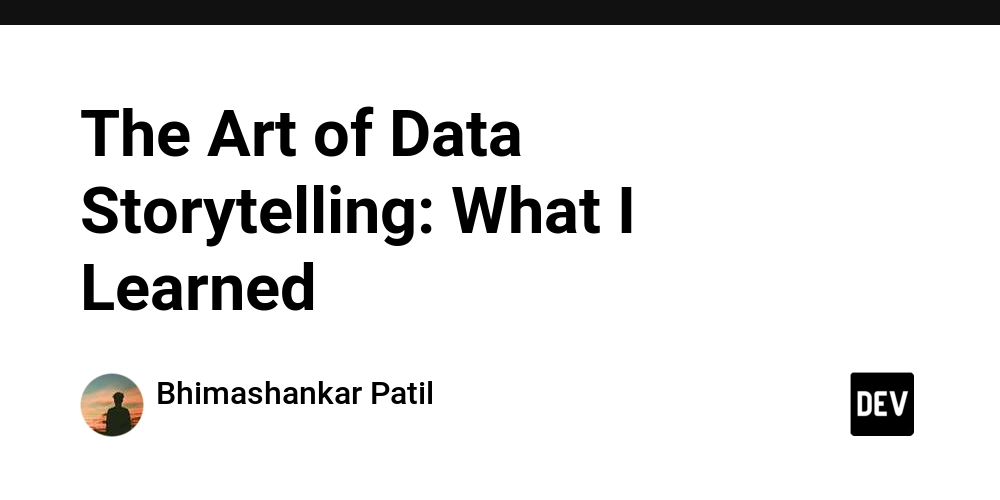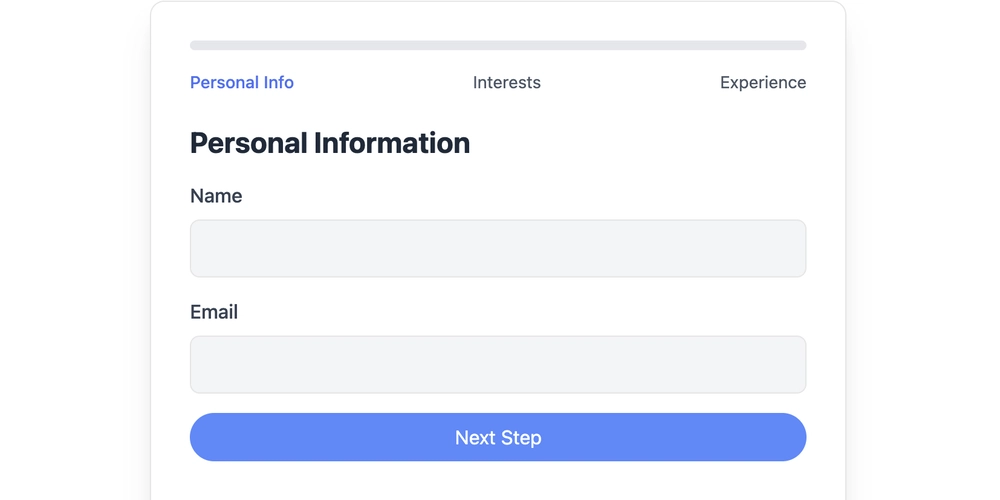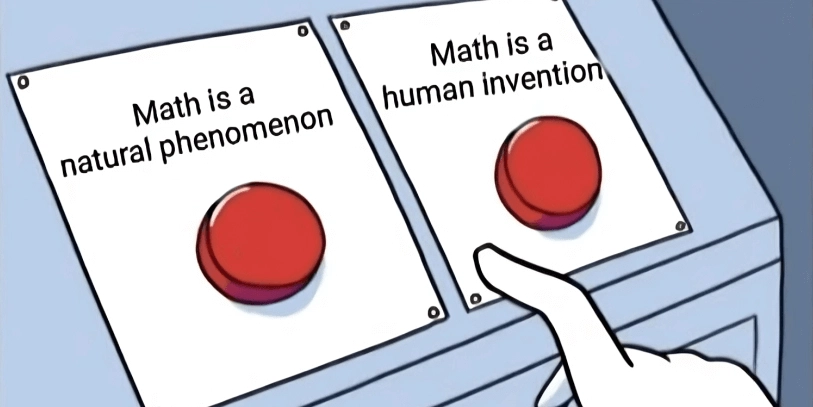
Lessons I Learned About Software Engineering From Abhishek Desikan
Software engineering is more than just lines of code; it's a world of invisible logic that powers our apps and devices. It transforms how we interact with technology and each other. It's about people, processes, and having the right perspective. How do you go from writing code to being a software engineer?
Beyond the Screen: Engineering for Humans
Abhishek Desikan, with expertise in enterprise infrastructure and AI, understands that engineering is rooted in empathy. You're solving problems for real people, not just machines. This fundamental shift turns a developer into a human-centered engineer.
The Myth of the Lone Wolf in Software Engineering
Early on, many believe software engineering is a solitary pursuit. The image of a lone genius hacking away might be appealing, but the reality is collaborative. Code means nothing if others can't understand, maintain, or integrate it. Consider following the best advice for new software engineers to help with your career.
Great engineers build systems that are accessible and improve user experience. Readable code is kind code, as Desikan says. Clear and welcoming code benefits not just your team, but also you in the future.
Debugging Beyond the Code: Uncovering the Real Problems
One of the crucial lessons in software engineering is that the problem isn't always where you expect it. It could be in the logic, miscommunication, or assumptions we make about user behavior.
Engineering requires patience and humility. The ability to zoom in on a database schema and then zoom out to consider user flow is key. Desikan emphasizes the importance of understanding the ripple effects, recognizing that every line of code exists within a larger ecosystem.
Tools Evolve, Engineering Principles Endure
The tech world is always changing, and you'll be exposed to new frameworks, stacks, and patterns. You cannot get left behind, so continuous learning is essential in software engineering. While tools change, core principles remain timeless.
- Write clean, modular code
- Design for failure
- Prioritize readability
- Test early
- Document decisions
These fundamentals are the reason engineers work across industries and adapt to different teams, and lead with consistency. As Desikan says, "Mastering how to think as an engineer—that’s the long game.”
Software Isn't Neutral: Impact & Responsibility
As you become more skilled, you start noticing the impact of our software engineering decisions. From algorithms sorting job candidates to apps prioritizing content, these outcomes are shaped by engineering choices. The software isn’t neutral.
Engineers have a massive responsibility to advocate for ethical practices. Desikan models leading with integrity, pushing for ethical AI and mentoring underrepresented engineers. We write culture into the tools people use every day, so be aware of that impact.
The Enduring Love for Building: Why We Do It
Despite the pressure and late-night bugs, shipping something real creates satisfaction. It's the moment a system works, a teammate praises, and a user raves.
Software engineering is a creative act. Turning logic into magic, one function at a time, is powerful. It feels like being part of something bigger—a craft, conversation, and community. It’s not about being the smartest, but making the room smarter.
Software Engineering Career: Final Thoughts
If you’re early on your software engineering journey, learn the tools and practice the craft. Stay curious and stay grounded. Great software comes from deeper thought, seeing connections, asking better questions, and caring about the user.
Every bug fixed and system designed contributes to something bigger. In Desikan's words, “We’re not just writing code. We’re building the future.” And that’s worth doing well.












